This is the third in my series of posts about Australian poets. The first two are Suzanne Edgar and Joan Kerr.
Geoff Page is one of Australia’s best known and widely-published poets. He is based in Canberra and has published twenty-one collections of poetry as well as two novels and five verse novels, and has won many awards. Rather than include a lot of biographical information in this post, I suggest readers follow the link to Irma Gold’s excellent interview.
The Deputy
for J.F.
Driving daily into work,
he feels them equally as pressures,
atmospheric almost,
one more urgent than the other
but pressure all the same.
Both could justify a life,
one with what the young retain
and carry with them through the years,
the other more diffuse
and closer to the core,
resonances rising
from something deeper down,
more opaque than God perhaps,
rhythms, lines and images,
a gift that needs real readiness
before it can arrive.
Of course, one may excel at both.
No doubt a man may serve two masters.
Last year he taught them Doctor Faustus,
the senior class he still keeps on.
He thinks about the famous bargain,
the heavy freedoms of its power,
the good opinion held so widely,
the parent-teacher nights and, yes,
the jokes he makes at school assemblies
to show he’s serious.
At home though there’s a desk
With untouched paper and a screen,
an ideas file, a journal,
a mix of discipline and licence
to bring in pocket money only,
scuffling below the dole.
A friend of his has chosen this,
insecure and frugal
and prone to bitterness.
A third has signed a smaller deal,
holding off from higher slots
if ever they were offered.
Who is his Mephistopheles?
It’s not the principal.
He thinks perhaps they are collective,
these senior teachers who respect him,
who cannot let him go,
who see that he can make things happen
and keep a keel on course.
To them, this other life he has
is hardly more than self-indulgence,
a foible or some pleasant extra,
a flourish or addendum
to make a CV more compelling.
His watch says 8 am.
He turns into the car park now,
an hour before the world begins
its unforeseen complexities,
its smoke and mirrors of the human,
the needs that only he can meet.
The car is small and European,
very fast from nought to ninety.
He walks towards the building…
and sees, back home, that writing desk
patient in its shaft of light,
the blank page and a keyboard waiting,
the pressure of the poem.
‘The Deputy’ appeared in Meanjin 2, 2014. Thank you, Geoff, for allowing me to reproduce it here, and to Meanjin for publishing it.
I read the poem with an instant, deep feeling of recognition. In sixty-three lines, it says an enormous amount about the life of art, the choices and hard bargains, and the ways these are carried within a person life-long.
The voice is quietly authoritative, unsentimental, uncomplaining. The deputy headmaster, who is also an artist, must weigh up and doubt and compare, and go on doing so. This is his destiny. But it’s not an intellectual exercise – the pressures are heart-felt.
And the last line is superb, shining undimmed by the teacher’s daily, ‘other’ life, yet given meaning by it and by the poem as a whole.
I was reminded of the last stanza of Yeats’s ‘Meditations in Time of Civil War’, and ‘the half-read wisdom of daemonic images’ with which Yeats comforts himself, while understanding that Page’s poet/public man is a very different character.
A wonderful poem! I hope many readers get the chance to discover and enjoy it.
I love this 3-line form, working its way quietly, sinuously, through thought, flexing on the turns exactly as thought does in this meditative frame of mind.
Thanks for your comments, Joan and Whispering Gums. Do you ever come upon a poem that you instantly feel you must learn by heart? That was the feeling I had when I read ‘The Deputy’. I love the 3 line form too, Joan, and the iambics!
And WG – I agree that the deputy’s not indispensable. I feel that he is trying to persuade himself that the life of a teacher, which has taken up most of his time and energy, hasn’t been wasted, while poetry remains, and has always been, his first love.
-
Yes, occasionally Dorothy, though I’m not good at learning things by heart now!
And yes, I think you’re right about the Deputy. He doesn’t want to be bitter like his friend, but he resents a little (little?) what he has to do to keep bread on the table.
July 8, 2014 — 11:31

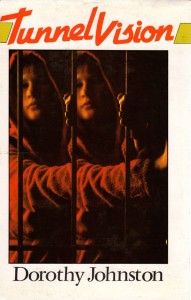
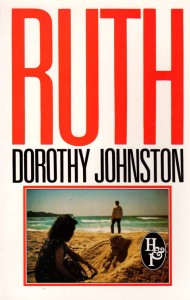


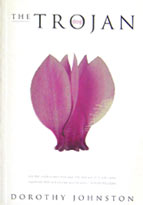
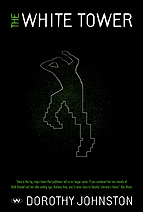
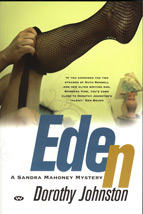
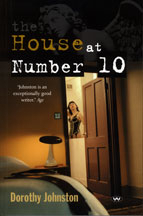



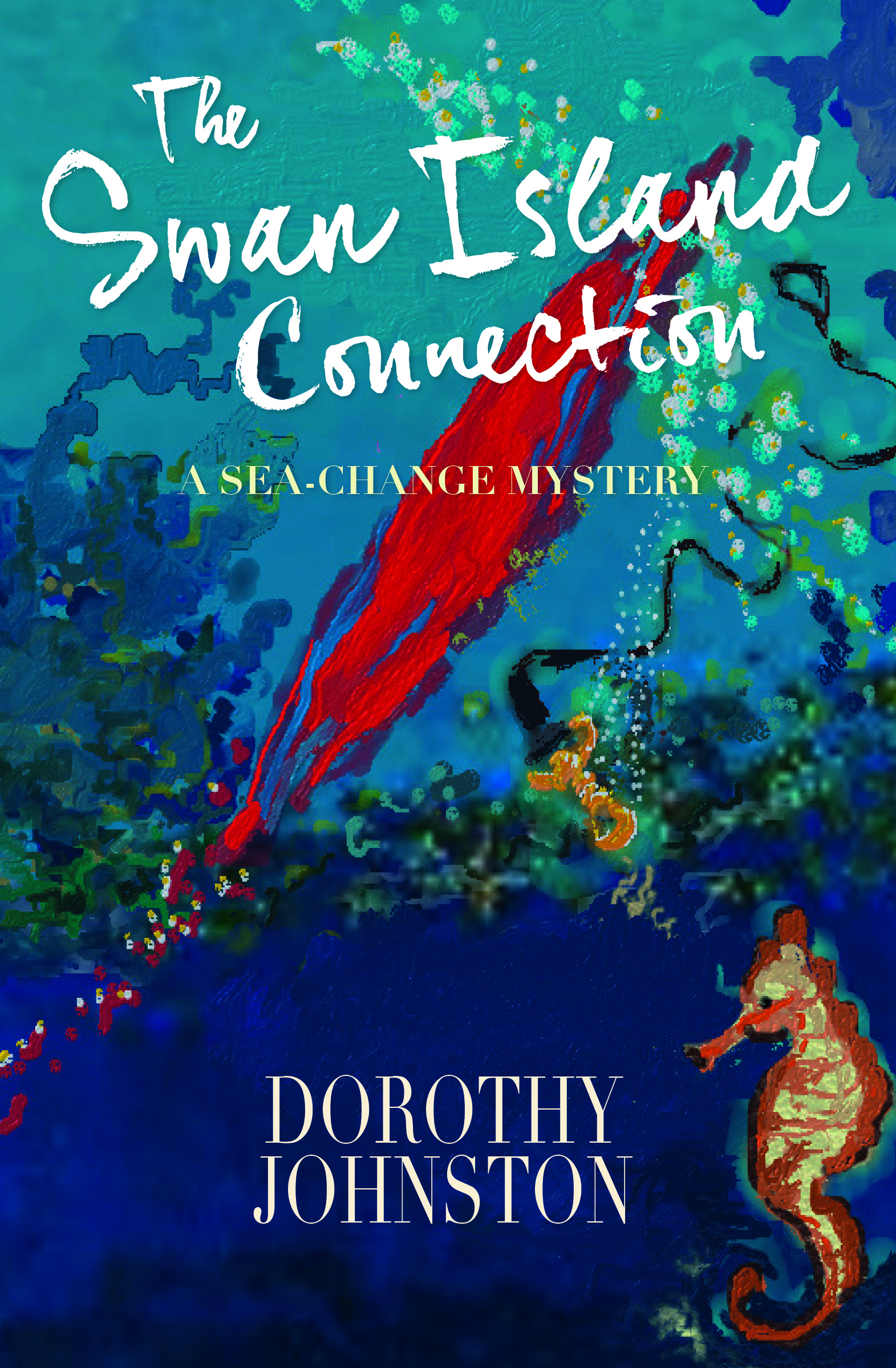
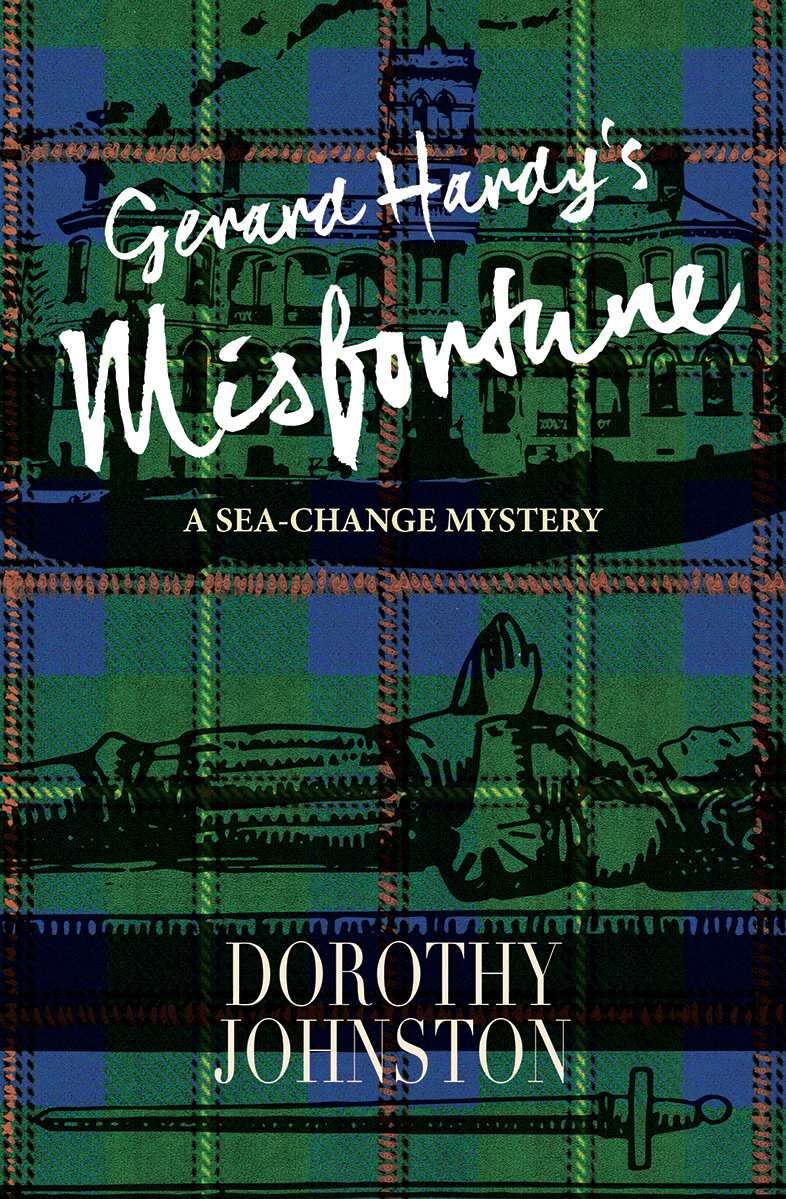

I hadn’t seen this poem Dorothy, but it’s wonderful as you say – even a non-artist like me can see the tension and the pull. I can imagine it speaks directly to creators. The choices that need to be made. (Though, perhaps our Deputy is kidding himself a bit re “the needs that only he can meet” – in the end none of us is indispensable?)